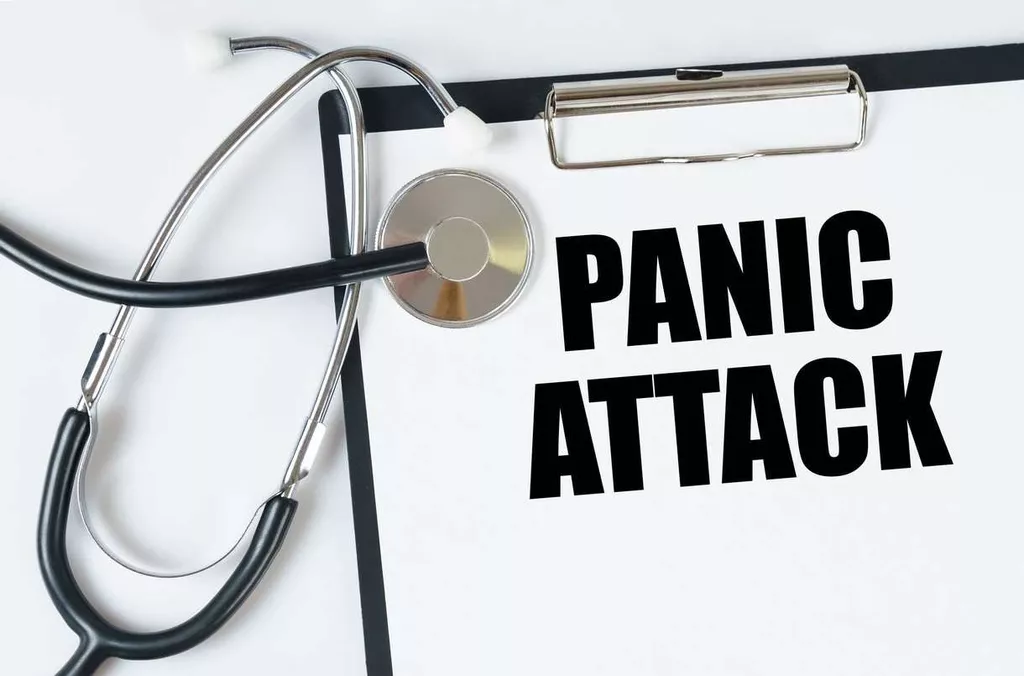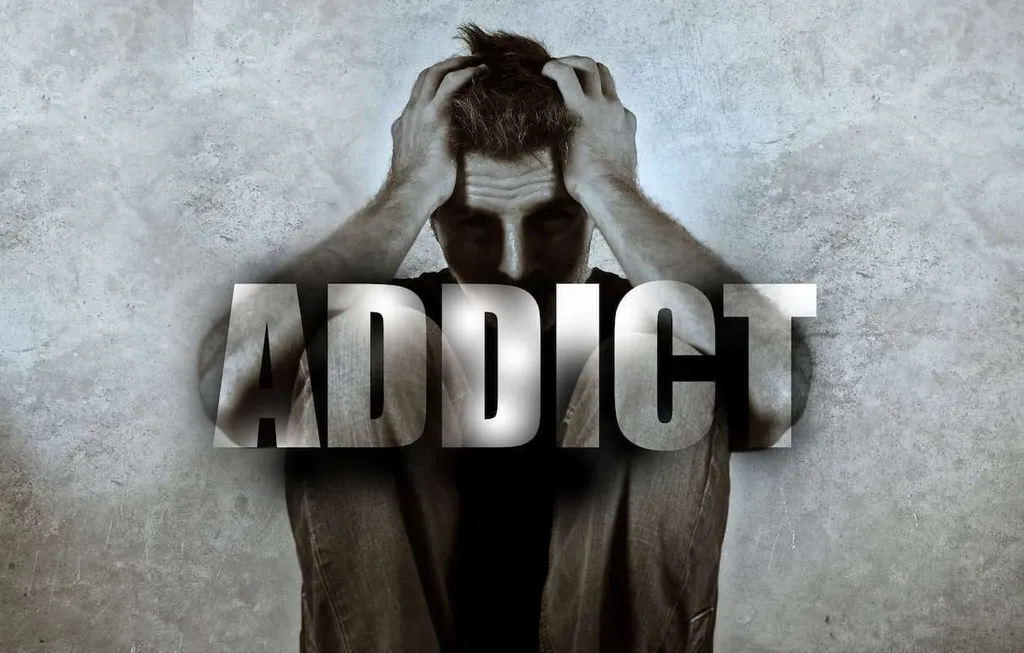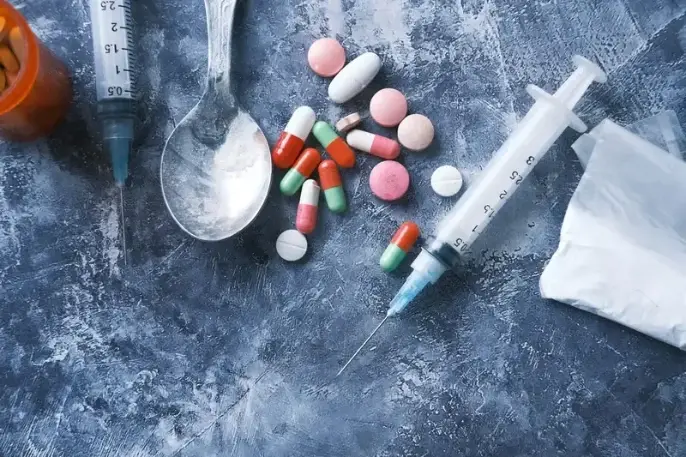
According to the World Health Organization (WHO), CBD isn’t addictive, and most people can use it without worry. Still, it’s smart to stick with high-quality, lab-tested products and pay attention to how your body feels over time. If you’re using CBD regularly, take a moment now and then to see if it’s still helping, and talk to a doctor if you’re unsure. Not only is CBD not addictive, according to the World Health Organization and some human trials, but it can also help individuals recovering from substance use disorders or addictions. While CBD is often marketed as a wellness supplement, most CBD products aren’t assessed as rigorously as other supplements or medications. That’s usually because legislative powers don’t recognise CBD as a medicine or supplement in the first place.
- In addition, CBD could be beneficial and effective in instances of cannabis addiction.7 If you are using CBD to overcome a cannabis addiction, finding products that are as low in THC as possible is essential.
- A double-blind randomized placebo-controlled trial investigated CBD’s effects on individuals with heroin use disorder.
- While CBD seems to have direct effects on addictive behaviors, its therapeutic potential could also be enhanced by several properties that contribute indirectly to addictive disorders.
- THC is known for its psychoactive effects, which can lead to dependence and addiction.
Everything you need to know about CBD oil

In terms of METH, CBD Sober living home (80 mg/kg; IP) reduced the motivation towards METH SA in rats (Hay et al., 2018). Regarding the safety of CBD, Taylor et al., 2018, in phase I, randomized, double-blind, placebo-controlled study, revealed that CBD was commonly well tolerated. Diarrhea, nausea, headache, and drowsiness were the most frequently reported adverse events across all trial arms in subjects taking CBD. There were no deaths or discontinuations in the trial (Taylor et al., 2018). Unlike addictive substances, users can cease Cannabidiol intake without experiencing cravings or negative physical reactions. CBD’s potential benefits, coupled with its non-addictive nature, offer a promising avenue for those seeking alternatives for various health and wellness goals.
- However, it may produce significant changes in the body, and it is showing some significant medical benefits.
- Cannabidiol (CBD) oil is a naturally occurring constituent of industrial hemp and marijuana collectively called cannabis.
- However, considering “weed” refers to high-THC cannabis, the broad analogy contains a nugget of truth.
- Proponents of CBD oil and other CBD products claim that it can be used to treat conditions such as chronic pain, inflammation, migraines, epilepsy, autoimmune diseases, depression, and anxiety.
Preclinical studies on CBD and addiction

In the described intervention, the only change made to the patient’s treatment was the addition of CBD oil with the dosage gradually decreasing from 24 to 18 mg. With use of the CBD oil, the patient reported being less anxious, as well as settling into a regular pattern of sleep. He also indicated that he had not used any marijuana since starting the CBD oil. With the decrease in the dosage to 18 mg, the patient was able to maintain his nonuse of marijuana. Taking CBD along with THC has also been shown to help reduce some of the unwanted effects that THC may have.
- But CBD is not psychoactive, so it doesn’t give a feeling of being “high.”
- One study found that CBD helped block some of the potential psychiatric effects of THC.
- These results support the growing literature regarding CBD in the treatment of addictive disorders.
- Drugs of abuse trigger critical adaptive changes in the reward system by inducing widespread modifications of glutamatergic synapses.
Are There Any Risks Associated With CBD Use?

At least 2,800 people have been hospitalized and at least 68 people in the U.S. have died from lung injury linked to vape pens containing vitamin E acetate. One study found vaping CBD more damaging to the lungs and immune system than vaping nicotine. CBD usually comes from hemp, a type of cannabis plant that has very little THC. The flowering heads of the hemp plant are known as CBD flower, or hemp flower. These nonpsychoactive flowers can be cultivated and used for smoking but won’t give you a high. In the event that you give us your consent to inform you about our products or services, we will keep your data until you express your wish not to receive any further communications from us.

Can You Get Addicted To CBD Oil?
A 2020 review article discusses adding CBD to chemotherapy drugs to improve the immune system’s response to cancer treatment. After years of research into the safety https://ecosoberhouse.com/article/10-best-alcohol-addiction-recovery-books/ and effectiveness of CBD oil for treating epilepsy, the FDA approved the use of Epidiolex, a purified form of CBD, in 2018. CBD can assist both with physiological addiction and aid people in forming the right habits around different activities and substances by reducing the response to the rewarding stimuli.

CBD for Tobacco Addiction
Excludes all physical dispensary sales, promotional discounts, and special or limited-time offers. is cannabidiol addictive Price comparison must be verified as an everyday listed price on competitor websites. If you’re going to use a cannabis product and are worried about addiction, consider speaking with your doctor about all your options. Only using a product infrequently and keeping the dosage low are two ways that you can be proactive and reduce your chances of dependence. However, it’s important to note that the only way to avoid addiction to cannabis products entirely is not to use them. One review noted that CBD has the potential to reduce inflammation and seizures, help with pain, and reduce the likelihood of developing tumors.
CBD Is Still an Unregulated Substance
- However, further research is needed to determine CBD’s other benefits and safety.
- Changes and clarifications will be effective immediately upon being published on the Website.
- A range of CBD doses were evaluated in different animal models of addiction commonly used to assess the reinforcing and motivational properties of drugs (conditioned place preference (CPP) and oral self-administration (SA)).
- However, more studies are needed to confirm this notion and to explore the effects of CBD in other targets of the glutamatergic system.
- Many epilepsy medications – among others – can negatively interact with CBD, affecting the performance of anti-epileptic drugs.
It’s also a good idea to buy CBD from licensed sellers to avoid contaminated or mislabeled products. More than 250 clinical trials on CBD benefits have been completed or are recruiting participants. Researchers are studying how CBD might benefit people with cancer, schizophrenia, cognitive impairment, quitting smoking, bipolar depression, and more. So far, we know that CBD is a proven treatment when it comes to certain types of epilepsy, and early research is showing promise in the treatment of various anxiety disorders.

